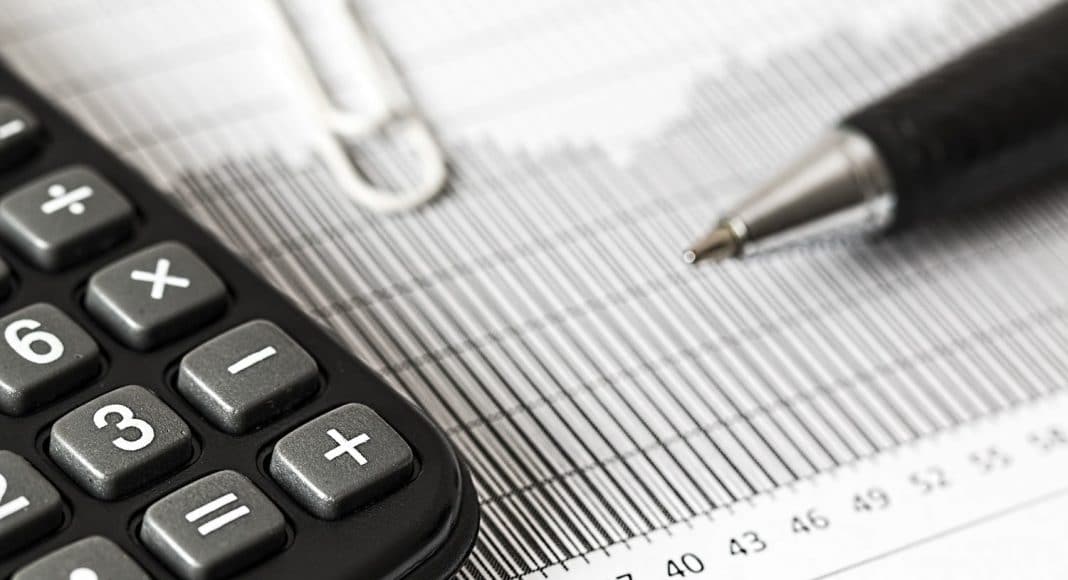In November, Nevada voted for legal adult use of cannabis with 54 percent. A little over two months later, state officials are still debating the finer points of the law. Surprisingly, black market weed my thrive with the Governor’s plan.
Last week, Gov. Brian Sandoval announced that he supports a 10 percent special tax on marijuana sales in an effort to provide up to $70 million in funding for public schools. The special tax is on top of the 15 percent wholesale tax already in place.
- RELATED STORY: How Do Your Favorite TV Shows Become Slot Machines?
The two taxes together, some industry executives and other policy experts fear, will keep Nevada cannabis consumers shopping in the black market and forgoing the legitimate retail experience.
“It’s a very price-sensitive product. We just have to be really mindful that we don’t create a black market,” said state Sen. Patricia Farley, I-Las Vegas.
Farley may have a good point. “If you overtax it, people are going to go back to the black market, avoid paying taxes, avoid everything,” Andrew Jolley, CEO of The Source marijuana dispensaries, told the Las Vegas Review-Journal. “It’s a delicate balancing act that we need to handle carefully, so we do what’s in the best interest of Nevadans and our education system.”
- RELATED STORY: 7 Out-Of-The-Way Cities For Your Holiday Canna-Getaway
In Colorado and Washington, the two first states to allow retail sales of marijuana, officials have had to walk a fine line between generating maximum revenue while at the same time eliminating the illicit market. In both states, the black market cannabis is generally half the price of regulated retail cannabis.
Most casual consumers are willing to pay a tax in order to ensure quality, testing and legitimacy. But the more government increases taxes, the more the black market thrives.
When Question 2 passed, it created a 15 percent tax on wholesale recreational cannabis. Recreational sales, which is scheduled to begin no earlier than June, will be taxed at the regular sales taxes.
Sandoval’s proposal 10 percent add-on tax will need to pass the Legislature, which begins the 2017 session on Feb. 1.
Colorado collected $44 million in the first full year of sales in 2014, well below the projected $70 million. But by 2015, the state collected $76 million in marijuana taxes. And that revenue eclipsed more than $102 million through the first 11 months of 2016, according to data from the Colorado Department of Revenue.


